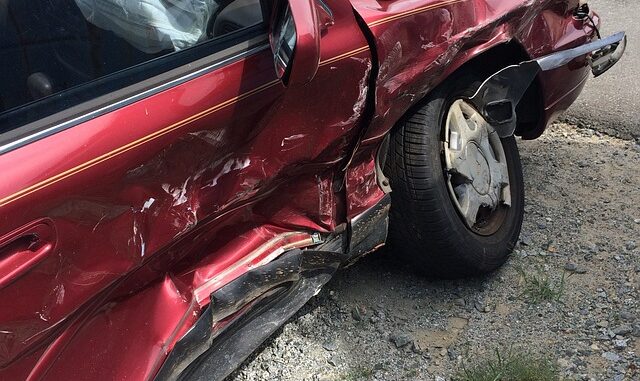
Car accidents are a stressful and often confusing experience. In the aftermath of a collision, determining fault is crucial for insurance claims and potential legal actions. While police reports and damage assessments offer valuable clues, witness testimonies can be the deciding factor in establishing who’s responsible.
The Importance of Witnesses in Ontario
Ontario’s insurance system follows a no-fault principle for covering medical expenses. However, the at-fault party’s insurance is responsible for repairing vehicle damage and other losses. Witness statements can significantly impact how much fault is attributed to each driver, potentially leading to substantial cost differences.
What Makes a Strong Witness?
Not all witnesses are created equal. Here’s what strengthens a witness’s testimony:
- Clear Line of Sight: The witness should have had an unobstructed view of the accident, allowing them to observe the events leading up to and during the collision.
- Neutral Observer: Witnesses with no relation to either driver hold more weight. Passengers or friends of those involved may have a bias.
- Detailed Recall: The ability to recall specific details like traffic signals, vehicle speeds, and driver actions before and during the accident strengthens the testimony.
Gathering Witness Information After an Accident
The golden rule: Act promptly! Memories fade quickly. Here’s what to do if you’re involved in an accident and there are witnesses:
- Approach Witnesses Calmly: Thank them for staying and explain the importance of their testimony.
- Gather Contact Details: Get their full names, phone numbers, and email addresses.
- Write Down Their Account: While details are fresh, jot down their recollection of the accident scene and events.
- Take Pictures (if possible): Capture their location relative to the accident and any distinguishing features that might aid their recall later.
What Should Witnesses Include in Their Statements?
The more details a witness provides, the stronger their testimony. Here’s a helpful checklist:
- Date, Time, and Location: Provide the specific details of the accident.
- Weather Conditions: Was it raining, foggy, or sunny? Visibility is crucial.
- Traffic Signals: Were there traffic lights, stop signs, or yield signs? Note their condition and operation.
- Vehicle Positions: Describe the location of each vehicle before, during, and after the collision.
- Vehicle Movements: Describe how the vehicles were moving (turning, speeding, braking) in the moments leading up to the accident.
- Driver Actions: Did you see any erratic driving, distracted behavior, or sudden maneuvers?
When to Consider Professional Help
In complex accidents with multiple witnesses or conflicting accounts, consider seeking legal advice. A lawyer can:
- Interview Witnesses: They can delve deeper into witness recollections and identify inconsistencies.
- Prepare Witness Statements: Lawyers can ensure witness statements are clear, concise, and legally sound.
- Navigate the Legal Process: They can guide you through the complexities of insurance claims and potential lawsuits.
Remember: Witnesses are crucial in car accident cases, especially when there’s no clear picture of fault. By acting promptly, gathering accurate information, and potentially seeking legal guidance, you can ensure a witness’s testimony plays a pivotal role in securing a fair outcome.
Additional Tips for Ontario Drivers
- Exchange Information: Always exchange insurance details and contact information with the other driver(s) involved, regardless of the severity of the accident.
- Report the Accident: File a police report, even for minor collisions. The report documents the accident details and serves as official proof.
- Document the Scene: If possible, take pictures of the damage to your vehicle, the other vehicles involved, and the accident scene.
- Contact Your Insurance Company: Inform your insurance company about the accident as soon as possible.
By following these steps and leveraging the power of witness testimonies, you can navigate the aftermath of a car accident in Ontario with greater confidence.
